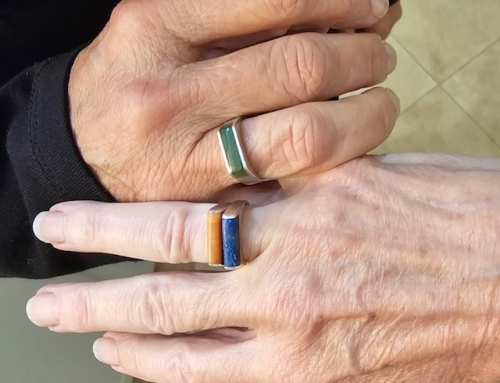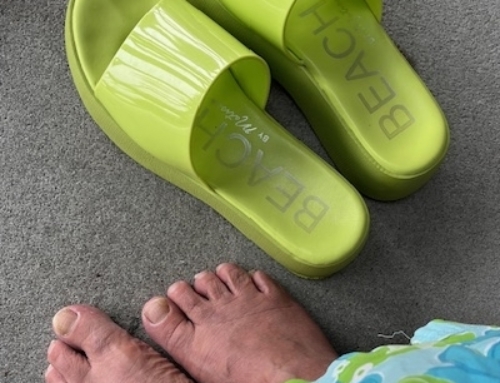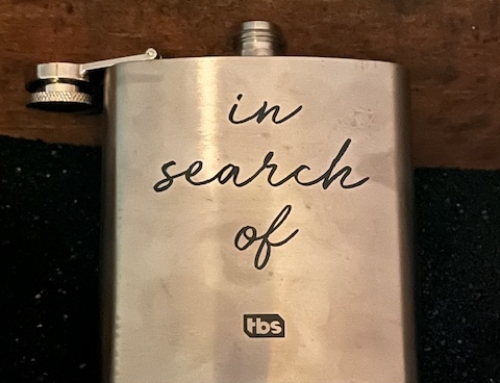Good morning…
“Carry each other’s burdens, and in this way you will fulfill the law of Christ,” encourages Galatians 6:2 (NIV). But three verses later, in verse 5, we are told, “…for each one should carry their own load.” Which is it? Are we supposed to carry each other’s burdens or are we each supposed to carry our own load? A quote we read aloud in class last week sheds light on an important distinction.
“The Greek words for burdens and load give us insight into the meaning of these texts. The Greek word for burdens means “excess burdens,” or burdens that are so heavy they weight us down. These burdens are like boulders. They can crush us. We shouldn’t be expected to carry a boulder by ourselves! It would break our backs. We need help with our boulders – those times of crisis and tragedy in our lives.
In contrast, the Greek word for load means ‘cargo,’ or ‘the burden of daily toil.’ This word describes the everyday things we all need to do. The loads are like knapsacks. Knapsacks are possible to carry. We are expected to carry our own. We are expected to deal with our own feelings, attitudes, and behaviors, as well as the responsibilities God has given to each of us, even though it takes effort.
Problems arise when people act as if their ‘boulders’ are daily loads, and refuse help, or as if their ‘daily loads’ are boulders they shouldn’t have to carry. The results of these two instances are either perpetual pain or irresponsibility.” (Cloud and Townsend’s Boundaries: When to Say Yes and How to Say No, 33).
Sometimes life’s avalanche drops a huge boulder. A sudden divorce. A painful loss. A dire diagnosis. A job layoff. A mental break. In times of crisis and tragedy, we need each other to shoulder life’s boulders. If we refuse help, acting like we can handle these challenges all alone, we live overwhelmed, in perpetual pain.
On the other hand, if we act as if our “daily load” requires too much effort for us to carry, we pass off our knapsack of feelings and attitudes, behaviors and responsibilities to any co-dependent standing nearby. We expect other people to carry our knapsack as well as their own. We live irresponsibly, weighing down our rescuer.
Think about an issue or a person currently causing you stress. Now, let’s take time to talk with God about this pressing situation.
“God, is this a boulder deserving my ‘yes,’ a faith-growing opportunity You are asking me to help shoulder?” Patiently allow God to melt your thoughts and your feelings, molding them gently with His higher perspective. What would Jesus do if he were you?
“LORD, is this a knapsack issue needing my ‘no,’ a manageable, everyday knapsack belonging squarely on another person’s shoulder?” Quietly, sense what God seems to be saying to you. What details become clear. How might you be enabling irresponsibly?
A boulder? A knapsack? A little bit of both? God, help us to discern Your “yes,” Your “no,” and Your “maybe so.”
Make a careful exploration of who you are and the work you have been given, and then sink yourself into that. Don’t be impressed with yourself. Don’t compare yourself with others. Each of you must take responsibility for doing the creative best you can with your own life (Galatians 6:4-5, MSG).
…Sue…





